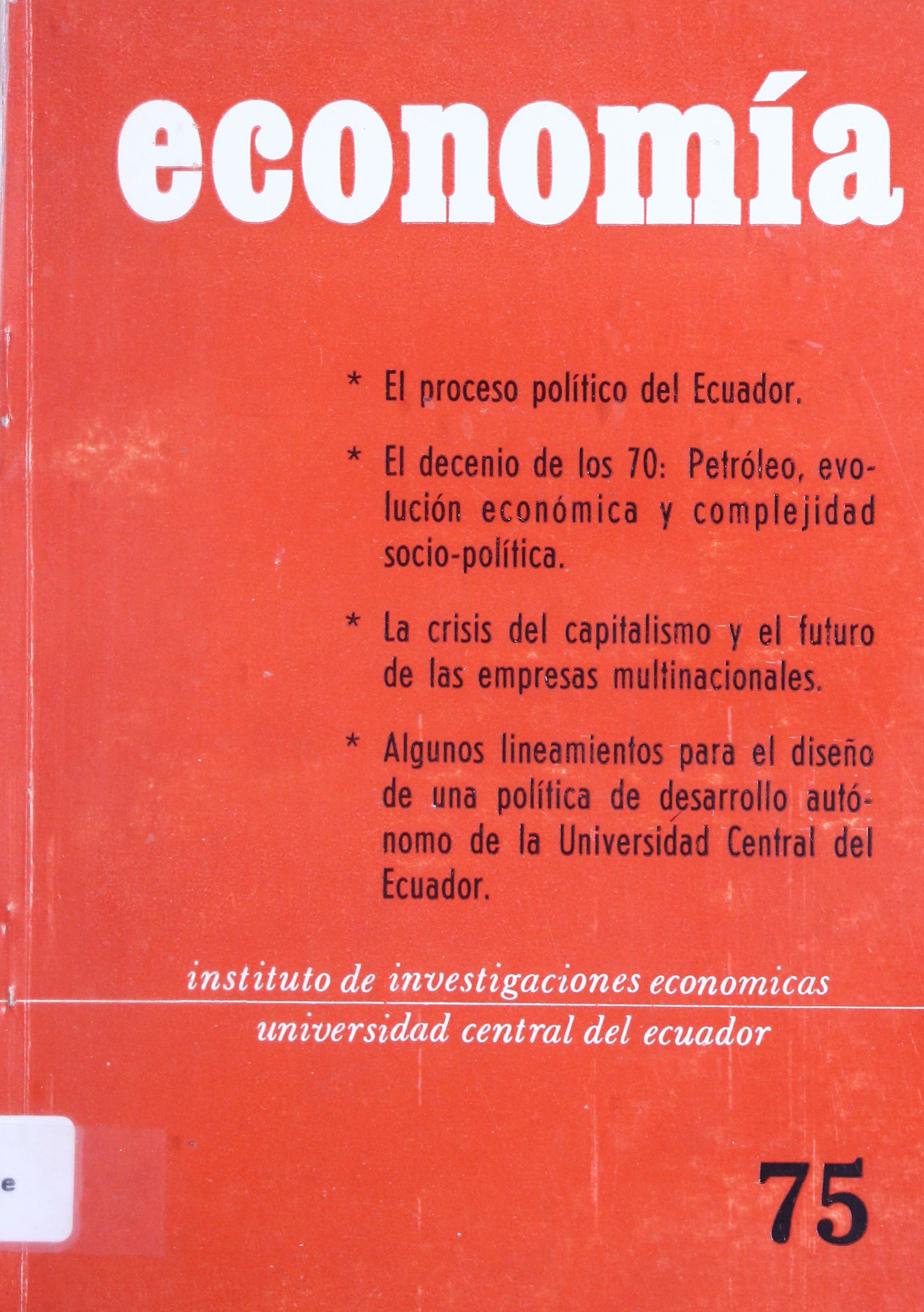El proceso político del Ecuador
Main Article Content
Abstract
This article was scanned by the Aurelio Espinosa Polit Ecuadorian Library.
With the elections of April 29th of this year, in which were elected for the Presidency and Vice-Presidency of the Republic, the lawyer Jaime Roldós, Political Advisor of the Concentration of Popular Forces (CFP), and the leader of the Christian Democratic Party, Dr. Oswaldo Hurtado, it seems to have been consummated the return of Ecuador to the so-called representative democracy, after more than a decade of military dictatorships. The event will undoubtedly merit different interpretations of its significance, both nationally and in a broader international perspective. In the latter sense, many will try to highlight it simply as another auspicious sign of Latin America's advance towards the new formulas of "viable democracy" proclaimed by the U.S. government.
Downloads
Article Details

This work is licensed under a Creative Commons Attribution-NonCommercial 4.0 International License.
The authors who publish in this journal accept the following conditions:
- The authors retain the copyright and assign to the Economics Magazine the right of the first publication, with the work registered under Creative Commons Attribution-NonCommercial 4.0, which enables third parties to redistribute, commercial or non-commercial, of what has been published as long as the article circulates completely and without changes.
- Authors can make other independent and additional contractual agreements for the distribution of the article published in this journal (for example, add it to an institutional repository or publish it in a book) as long as they clearly and clearly specify that the article was published for the first time. once in Revista Economía. In case of reproduction, a note similar to the one presented below must be included: This text was originally published in the Revista Economía No.…, volume…, number of pages, year of publication.
- Authors are suggested to publish their work on the internet (for example, on institutional or personal pages) of the final version published by Revista Economía since this can lead to greater and faster dissemination of the published article.

